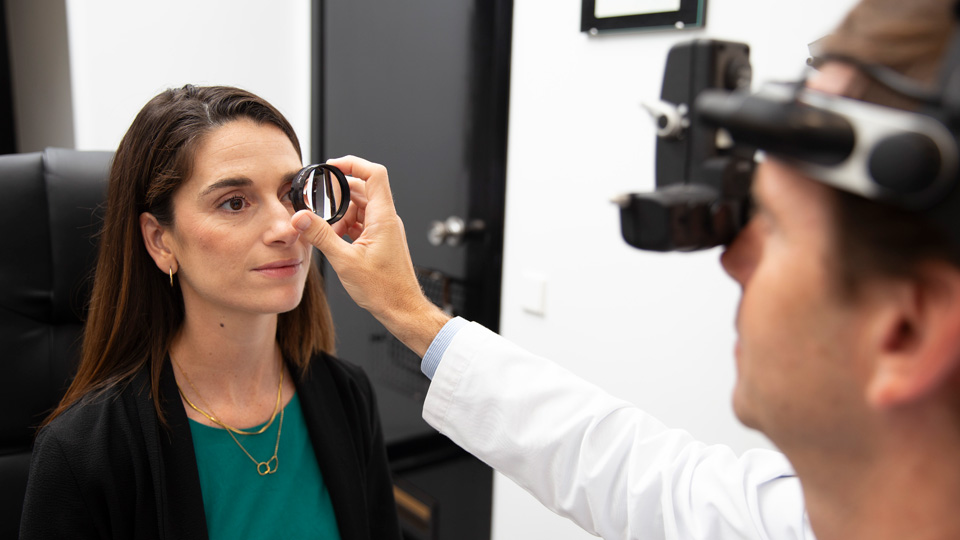What do flashes of light in the eyes mean and how to act
04/11/2025

14/11/2024
Diabetes can significantly affect eye health, leading to complications such as diabetic retinopathy. This condition is one of the main causes of severe visual acuity loss in adults. Retinopathy occurs when high blood glucose levels damage the retinal blood vessels, causing oedema in the central area of the retina, known as the macula, or the abnormal growth of new vessels. Without proper treatment, the lesions can worsen, leading to progressive or, in advanced cases, sudden vision loss.
Prevention
Prevention is crucial to minimizing the risk of developing diabetic retinopathy and other vision problems associated with diabetes. The main preventive measures include:
Treatment
In its early stages, diabetic retinopathy may not present symptoms. However, as the condition progresses, treatments are essential to slow the progression of the disease and preserve vision. Some treatments include:
In addition to medical treatments, adopting a healthy lifestyle is essential. Maintaining a balanced diet and engaging in regular physical activity are effective preventive strategies. Reducing the consumption of sugars, saturated fats, and processed foods can help control diabetes and, in turn, protect eye health.
Diabetic retinopathy is a manageable condition if detected and treated early. A proactive approach, including regular eye check-ups and good glycaemic control, can help patients minimize the risk of eye complications and maintain their quality of life.
Dr. Santiago Abengoechea, ophthalmologist at the Barraquer Ophthalmology Centre
People with diabetes are predisposed to suffer complications in their eye health such as diabetic retinopathy or macular edema. These conditions may not present symptoms initially and cause irreversible damage, but they can be prevented with ophthalmological check-ups.